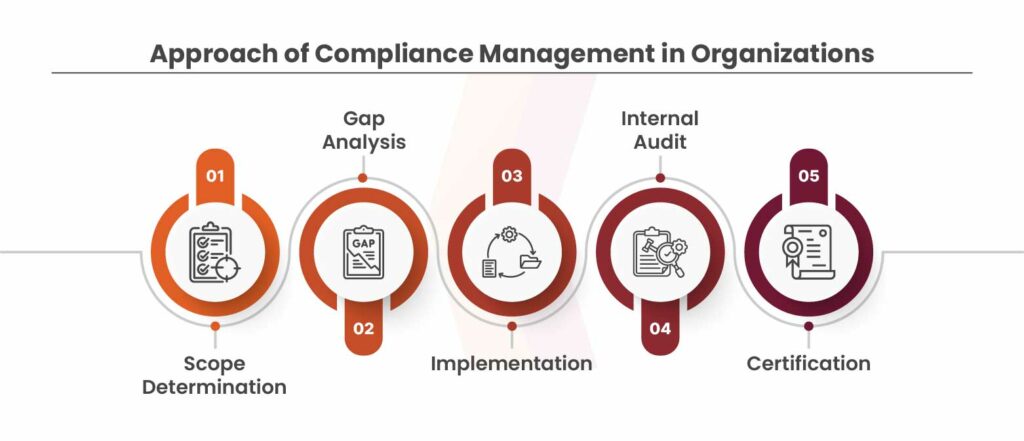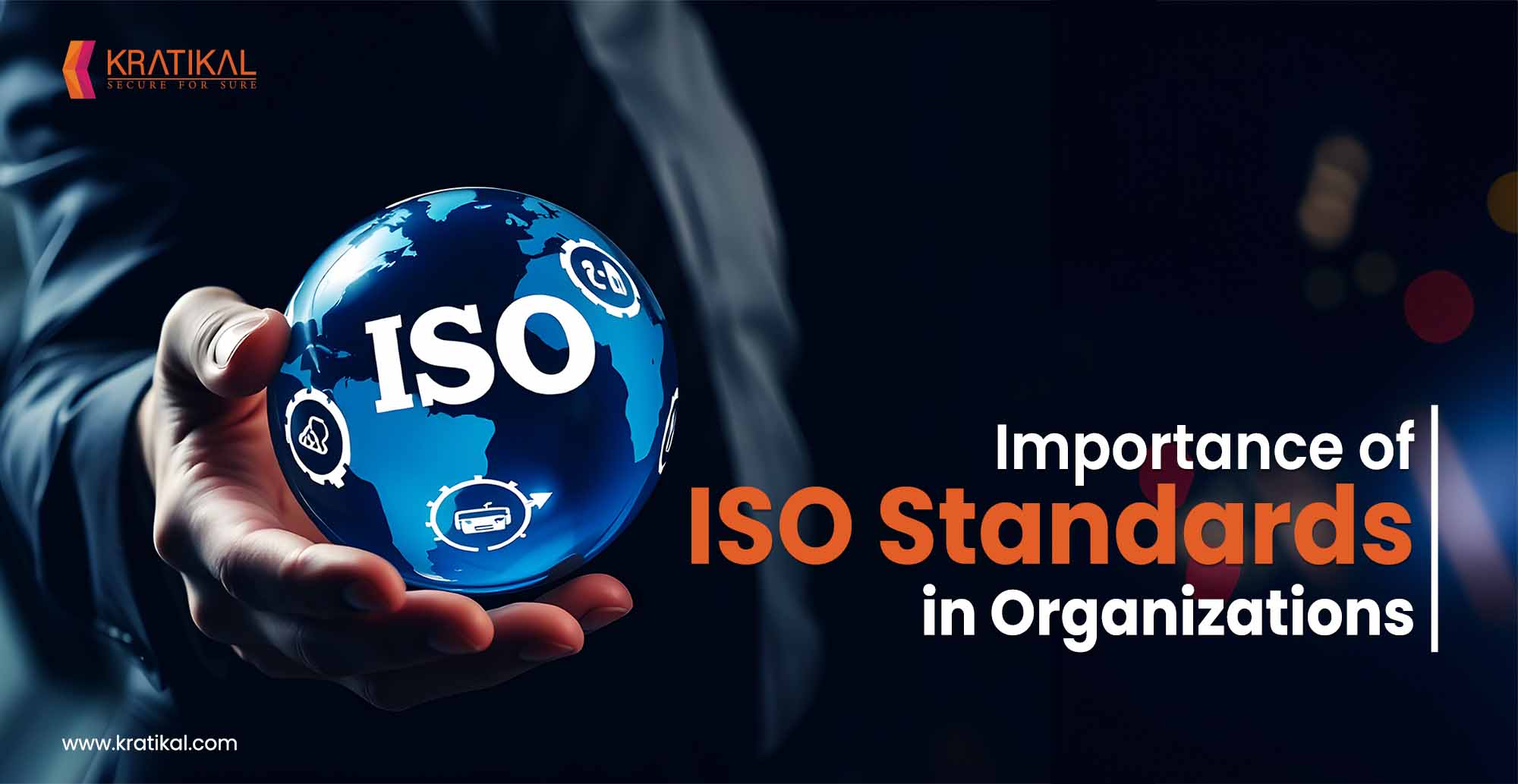Established in the year 1947, ISO, or International Organization for Standardization, is a non-profit organization that sets up international standards for any industry or sector. ISO has members from 165 countries and 785 technical committees as well as subcommittees that are working day and night to develop standards.
This is done with the help of a technical team consisting of subject matter experts who have immense knowledge and experience. The organization has published 22595 international standards and other documents.
Table of Contents
What are ISO Standards?
The International Organization for Standardization (ISO) is a global entity that creates standards to harmonize practices across different industries. These standards encompass both management systems and technical requirements, enabling organizations worldwide to enhance quality, safety, and efficiency.
For businesses, ISO standards play a crucial role in optimizing processes, earning customer trust, and ensuring compliance with international regulations.
International teams of experts create ISO standards organized into ISO technical committees. These committees bring together representatives from diverse sectors, including industry, academia, and consumer groups. This collaborative process ensures the standards are globally relevant and aligned with the evolving needs of the international market.
Book Your Free Cybersecurity Consultation Today!
Importance of ISO Standards
ISO certification enhances a company’s credibility by ensuring product safety and quality, while also improving operational efficiency. It proves especially valuable when businesses struggle to differentiate their offerings or face rising market competition. By adhering to international standards, ISO certification helps companies stay competitive and sustain growth. Key benefits include increased efficiency, consistent product quality, easier market access, and a stronger global reputation.
Below are some of the points in support of why ISO standards are important:
Strong Reputation and Trusted Authority:
ISO certification enhances a company’s professional reputation among the public and market analysts. By establishing common global standards, it facilitates international trade and promotes consistency across industries. ISO certification also helps organizations streamline processes, reduce operational costs, and improve overall efficiency. This increased efficiency often leads to greater market recognition. As ISO is globally accepted, it significantly boosts a company’s credibility, fostering greater trust and loyalty among customers toward its products and services.
Improved Consistency
ISO helps strengthen control over business processes, which directly impacts consistency. The greater the control a company has over its operations, the more consistent its performance becomes. This consistency ensures that customers receive high-quality products or services every time they engage with the company.
Increase in Revenue
When a company consistently delivers high-quality products, it encourages customer loyalty and repeat business. For ISO-certified companies, this reliability also provides the flexibility to adjust product quality and pricing based on customer needs. ISO certification plays a key role in building public trust, which can ultimately contribute to increased revenue and business growth.
Compliance Management in Organizations
Compliance management is one of the services that a leading cybersecurity company provides. It ensures that your business security standards are in line with ISO 27001 standards. It generally has a 5-phase approach including:

- SCOPE DETERMINATION:
The compliance team works on understanding the business and ISMS context, indulging in discussions at various levels with decision-makers to understand your business processes in detail.
- GAP ANALYSIS:
Gap analysis involves asset identification, existing control identification, and risk assessment. Security professionals map out the existing as well as the required security infrastructure of all business processes. Security experts determine the areas where there is a deviation from the necessary requirements and make action plans to fill those gaps.
- IMPLEMENTATION:
Here, security experts start by implementing compliance for the organization. Each department and team that has been covered in the scope is provided with a list of security controls, access controls, communication channels, SOPs, etc. Once this is done, they conduct an efficiency check to determine the efficiency of the controls that have been introduced.
- INTERNAL AUDIT:
Also known as ISO:27001 Pre-Audit, here, security experts ensure whether the implemented controls and processes are being followed within the organization. These tests check the level at which ISO 27001 has been implemented and its adaptation in the organization.
- CERTIFICATION:
This process is carried out by independent auditors and not by the implementer. The security professionals bring in the auditor for the process of certification process. Thus, taking care of the end-to-end process from scope determination to certification, hence, easing the process for the client.
These standards help in setting parameters for organizations within an industry and thus ensure that ISO accredited organizations function in a smooth and secure manner without worrying about abiding by the law.
Get in!
Join our weekly newsletter and stay updated
Conclusion
ISO standards play a vital role in shaping the operational excellence, credibility, and global competitiveness of organizations across industries. By providing a structured framework for quality, safety, efficiency, and compliance, ISO empowers businesses to build trust with customers, streamline processes, and stay ahead in a competitive market. The structured approach to ISO 27001 compliance—covering everything from scope determination to final certification—ensures organizations not only meet international standards but also strengthen their overall security posture. In a rapidly evolving digital landscape, adopting and adhering to ISO standards is not just a mark of credibility but a strategic move toward sustainable growth and resilience.
FAQs
- Why are ISO standards important?
ISO certification boosts an organization’s credibility in the market by confirming that it adheres to established standards and best practices in its manufacturing processes or service delivery.
- What is the role of ISO standards?
Enhance market access and gain a competitive edge. Boost organizational efficiency, minimize errors and complaints, and build strong customer trust.









Leave a comment
Your email address will not be published. Required fields are marked *